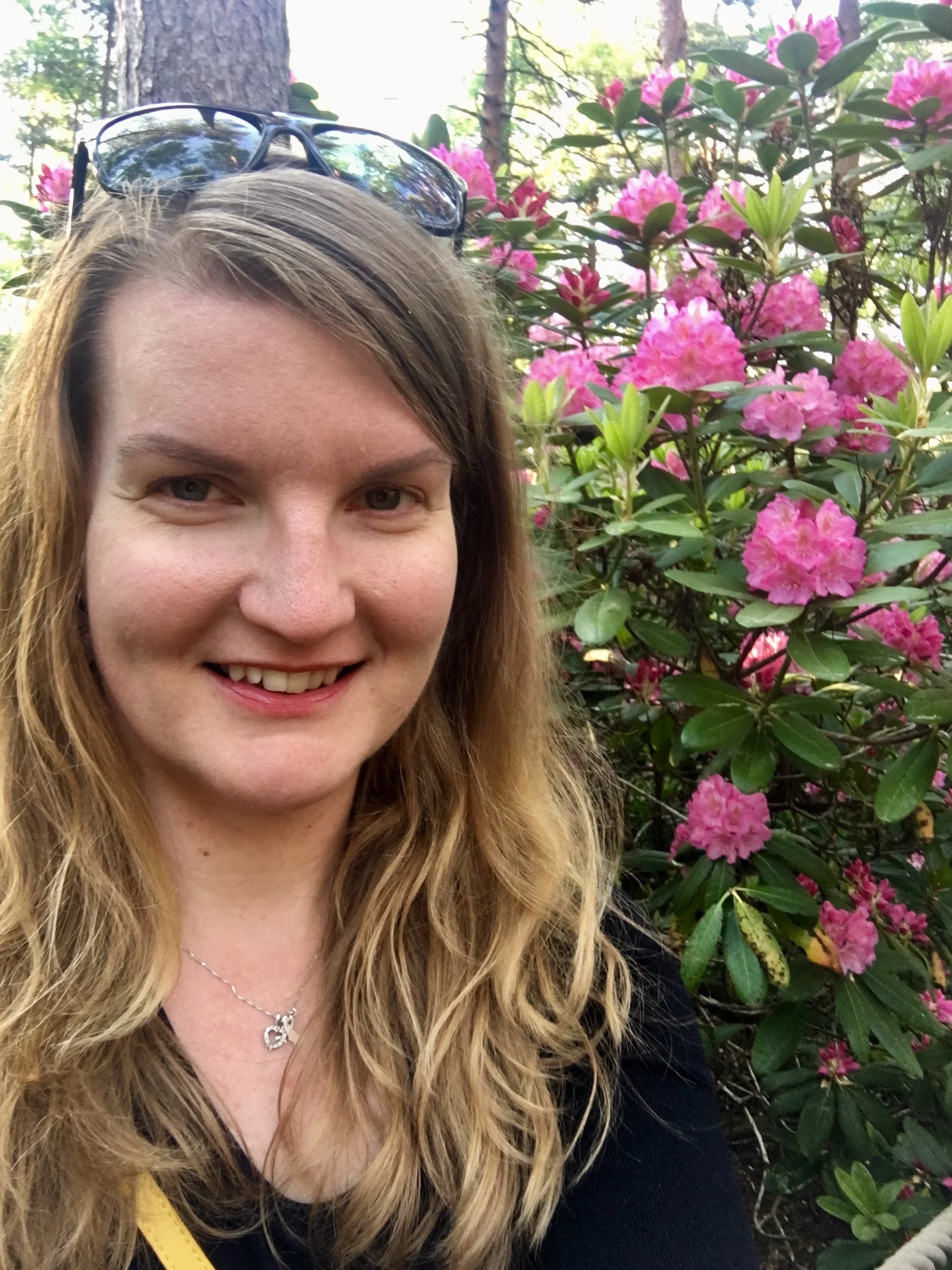Coffee with an Alumnus: Kira Kaisla
Whether you’re a freshman--still bright-eyed and hopeful--or a 5th year drudging through a seminar, future employment is an issue faced by all. Perhaps in an attempt to dispel anxieties related to graduation and life beyond it, we humanists tend to poke fun at our own uselessness. Who hasn’t heard at the hackneyed “from studying humanities to living on unemployment benefits”-bit? And while self-irony may work as a coping mechanism it also gnaws at any professional credibility we hope to retain.
At least in part, anxiety about employment stems from a genuine concern: beyond the traditional teacher, translator or researcher- triad, what can you do with a piece of paper that states you’re fluent in English or another foreign language? What does a language degree qualify you for? The following series, “Coffee with an alumnus”, attempts to diffuse some of the fog by introducing readers to language professionals with fascinating careers. Let’s jump right in and meet the first one: copywriter and translator, Kira Kaisla.
As a new English student in the early 90’s Kaisla’s career plan was clear: she’d become a translator.
“I have always been good at languages; they were my thing. Perhaps the aspiration to translate stemmed from reading too many books with poor translations growing up,” she tells me.
Life, being characteristically unpredictable, had other plans. In Kaisla’s words the transition from translation to copywriting happened “by chance”. A friend heard about a copywriting job and not being interested in it herself, nudged Kaisla to call the agency and the rest is history.
Copywriters play with words and concepts to create advertising content, but I wanted to know what her job was like day in day out. “It’s versatile,” Kaisla begins. “Projects vary very much. At one end of the spectrum you’ll have things like brochures or social media content with very strict parameters. At the other end you’ll have clients asking you to create whole advertising concepts from scratch, and everything in between these two,“ Kaisla explains.
“I do a lot of--what we call--transcreation. A transcreation is different from a translation. Large international corporations will create a campaign in English and commission ad agencies to adapt it to the specific cultural context in a way that still adheres to the original idea,” she continues.
Mad Men would have you believe the advertising world is a whiskey-infused filed trip but I’m informed that’s not the case.
“The work is very fast-paced. People in the industry work odd hours and it’s not uncommon to be sending emails late at night. Keeping track of overtime hours is not a thing people do,” Kaisla says.
“Another challenge we face is that some clients don’t really know what they want until we create something and they say: ‘that’s not what we wanted.’”
On the other hand, the unconventional pace allows for more freedom and independence unheard of in many other fields, especially for freelancers such as Kaisla.
“As a freelancer I can go for a run in the middle of the day without anyone looking at me sideways, and then come back to the work with a fresh perspective,” she tells me.
Increasingly the majority of Finnish advertising agencies’ clientele is international. This means that the need for English professionals in the field is also on an upward trajectory. But what specifically do language experts bring to the table?
“Many people think that because they speak English they can also translate. But unlike language professionals, laymen lack a deeper understanding of the culture as well as the language. This is something I bump into all the time.”
Flexible hours, creative projects and independence all sound great, but what skills does copywriting require? According to Kaisla, to start off with all you need is proficiency in at least two languages and a knack for writing. Ironically, advertisers aren’t too vigorous when it comes to advertising positions or internships in the field. For those intrigued Kaisla’s suggestion is to be proactive: start calling agencies and inquire about available opportunities.
“Everything else is learned on the job! Creative work requires courage and courage grows with experience, “ Kaisla says.
Despite the fact that much of the practical know-how comes solely from experience in the field, Kaisla doesn’t look back on her university studies as a waste--in fact, quite the opposite.
“Translations courses have been most concretely useful in my work, and they are also the ones I found most interesting at university. But a lot of what I picked up in university was tacit knowledge--something that took years to mature before it could be utilised,” she says.
“A good example of this is the literature courses. All ideas come from somewhere. Having all this tacit knowledge about culture, literature and the world in general is the reservoir I draw ideas from. When I’m creating a campaign for a client, I combine things I’ve seen, heard and experienced; so the more I have in my reservoir the better.
I don’t think any course I took was useless. All of them have enriched my mind, given me a deeper understanding of the world and made me better at what I do,” she concludes.
Despite what the modern world--spearheaded by technology-- would have you believe about an education in humanities, there’s a lot we have to offer. Finding the right words to fuel product sales is just one among many opportunities. Finding a career path that feels right may take some time so it’s comforting to know that nothing learned or experienced on the way goes to waste. Not when you look at the grand scheme of things.





